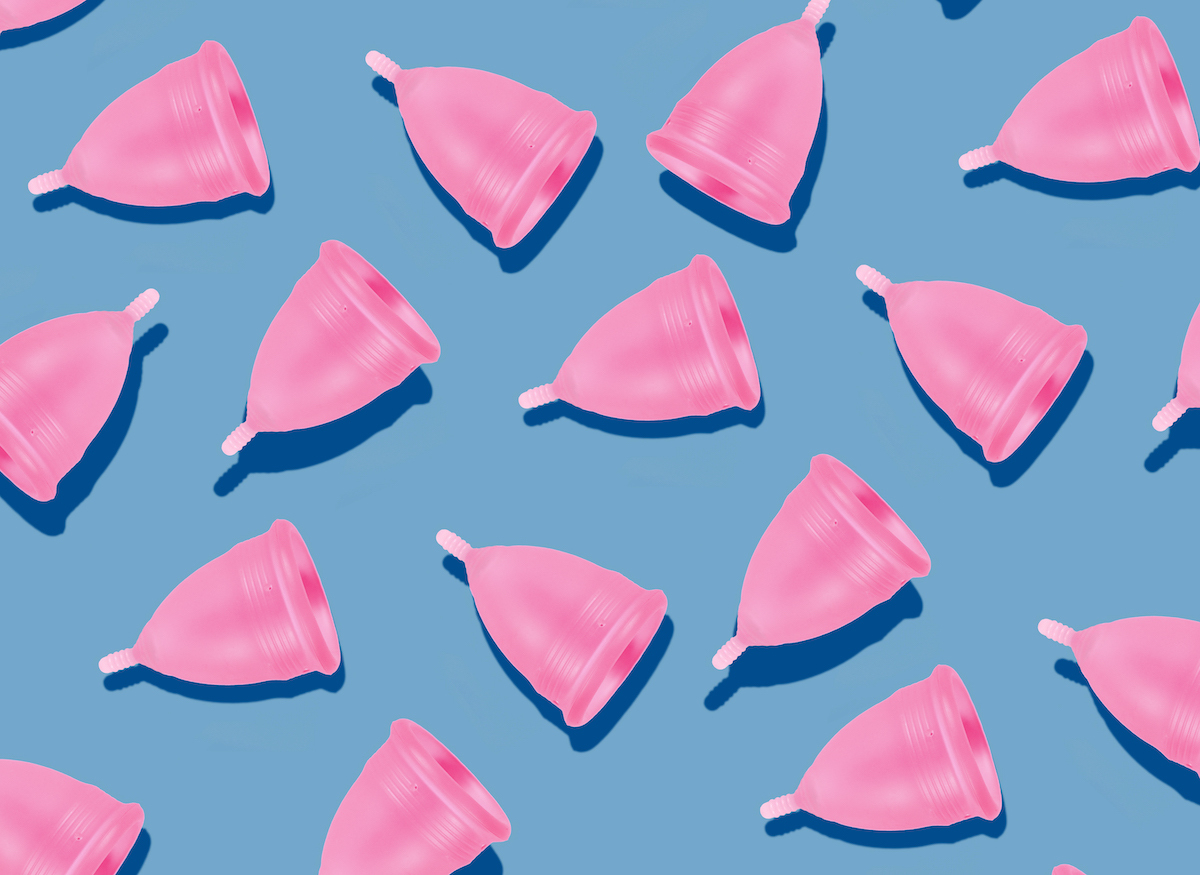Hopefully you’re reading this while practicing safe social distancing. And hopefully you have everything you need, like basic food, toilet paper, and if you’re someone who gets a period, menstrual products. While social distancing is a necessary step we must all take, it’s also putting quite a strain on grocery delivery services these days. Unfortunately, if you need tampons delivered, there aren’t a lot of “replacement items” that will suffice, as one Twitter user found out the hard way when she received a package of sausage rolls instead:
Ordered Amazon Delivery and selected “replace item” with the closest thing they can find if they run out of stock…
We ordered tampons.
And they sent the closest appropriate thing.
Which right now, is a bag of 50 frozen sausage rolls.
— BARRY (@ClareBarry) March 18, 2020
Luckily, there are a lot of companies devoted to not only making period products, but delivering them right to your door. Even better, many of these companies use sustainable ingredients and are actively engaging in charity to help out during this crisis. With paid leave and labor practices contributing to the spread of coronavirus, ethical consumerism is more important than ever.
So, considering applying your notions of tzedakah to your buying practices and consider supporting the following companies to take care of your period needs. This list also includes some nonprofits that you can directly donate to. Relief organizations don’t always think about menstrual products in a crisis, so let’s make sure we’re all taken care of for our period needs.
1. If you’re looking for traditional pads and tampons, Lola is a great place to start. They’re a company founded by women committed to using natural ingredients in their products, and they partner with I Support The Girls, a great organization who donate bras and menstrual products to girls and women experiencing homelessness. You can also get involved with Lola’s Tampon tax protest.
2. Aunt Flow is a company whose mission is to get menstrual products into all offices, schools, bars and restaurants, and public spaces so they’re always available to anyone who needs them. To date, Aunt Flow has donated 500,000 menstrual products to Period.org, a nonprofit that distributes period products to people in need. Aunt Flow is also committed to using gender inclusive language to ensure their community is welcoming of everyone who needs them. To order from them, just make sure to choose the “at home” option.
3. Aisle is a great option for sustainable period undies who also sell reusable pads and menstrual cups. They are focused on zero waste period products and gender inclusive language around menstruation. Aisle has started making masks out of their period underwear fabric to contribute during this crisis. They also have donated to more than 17,000 menstruating people in 18 different nations and partnered with organizations around the world such as AFRIpads and the Native Youth Sexual Health Network.
4. If you want to try a menstrual cup, you can’t go wrong with DivaCup. Menstrual cups are a great option for people interested in zero waste period products, and unlike period underwear, you don’t need to buy more than one. DivaCup also has a charity arm called DivaCares, which is “committed to advancing the menstrual equity movement through key pillars of Education, Advocacy and Access.”
5. Finally, if you’re looking for a one-stop shop for all period products, you can try Sustain Natural. They sell tampons, period cups, pads, and period underwear that are made from environmentally friendly ingredients, and the company donates 10% to women’s healthcare organizations.
Header Image via Westend61/Getty Images.



